In recent years, advances in Artificial Intelligence have led to the development of technologies that were in the realm of fantasy just a decade ago. We can now imagine driverless cars and interact with complex technology by speaking to it. AI has already had a great impact on the lives of people around the world. Unfortunately, AI applications in Africa are not as widespread as they are elsewhere despite the huge potential for positive impact. For this to change, Africans must be at the forefront of AI initiatives on the continent for only the wearer of the shoe knows where it pinches and it takes a local to have the intimate knowledge required to develop local solutions.
A key ingredient in realizing the ideal situation where Africans take the lead in solving local problems is the creation of a large pool of competent AI practitioners. Recently, a number of initiatives have emerged that aim to address the AI skills gap on the continent. Since 2015, I have had the pleasure of being part of Data Science Africa which has been at the forefront of increasing the data science and AI expertise in Africa. We have held six events in five countries across the continent with a seventh event planned for Ghana in October 2019.
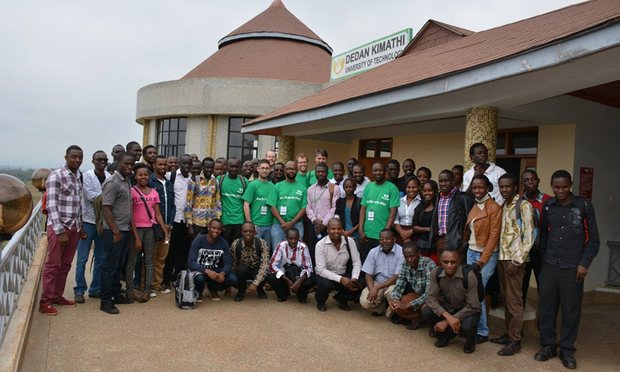
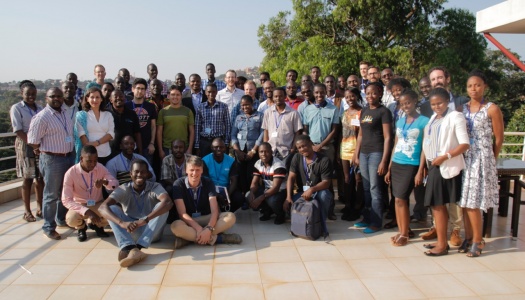
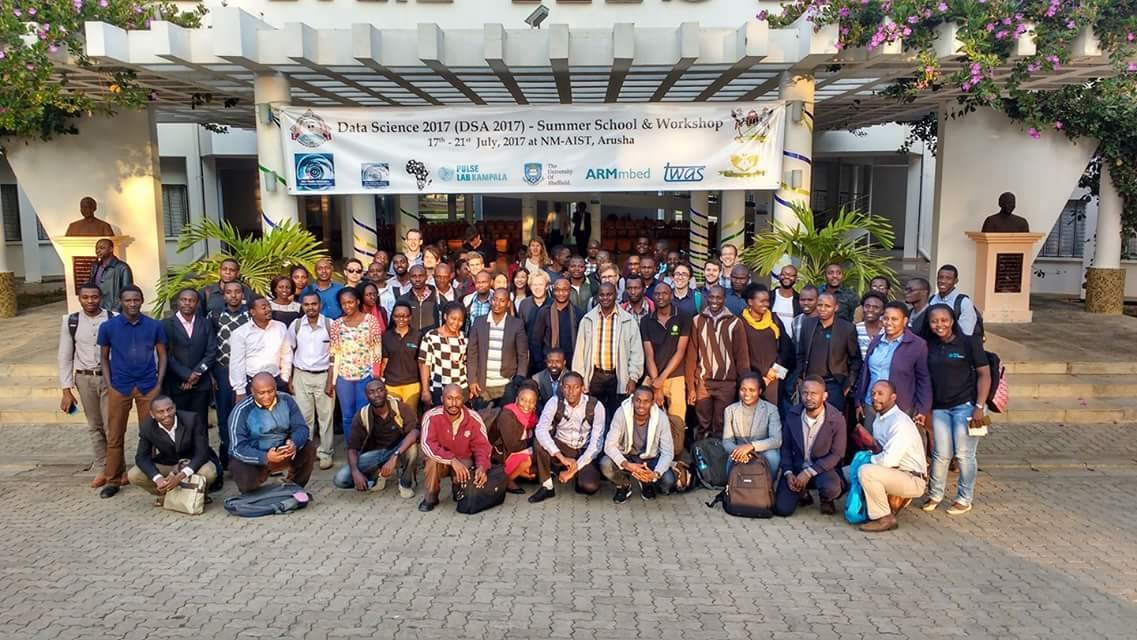
DSA events include a summer school where participants are introduced to machine learning methods and data science and a workshop where practitioners and researchers give presentations on their work applying AI to real world problems. Over the years we have had several presentations of interesting work being done in Africa in areas such as agriculture, healthcare and environmental conservation.
At DSA we realised very quickly that data would be at the heart of any progress we made in applying AI to problems on the continent. This meant that we needed to introduce participants to data collection and creation of data sets usable by machine learning algorithms. A key driver of this was a partnership with ARM that began in 2017 that allowed us to obtain sensors we could deploy to obtain data. These data could then be used to introduce machine learning concepts. We call this the “end to end” data science approach.
In 2018, we held a trainer of trainers event at Dedan Kimathi University of Technology (DeKUT) in Nyeri Kenya which included a six day summer school and a two day workshop. During the summer school, theoretical sessions were accompanied by practical coding sessions and deployment of sensors to collect data. The systems included a camera trap network deployed at the university conservancy to collect images of wild animals, an air quality monitoring sensor network and a greenhouse monitoring system. Once again this was made possible by the support of ARM who provided expertise and hardware. Damon Civin, Jan Jongboom and Gen-Tao Chiang from ARM spent a week at DeKUT preparing the deployments prior to the event.
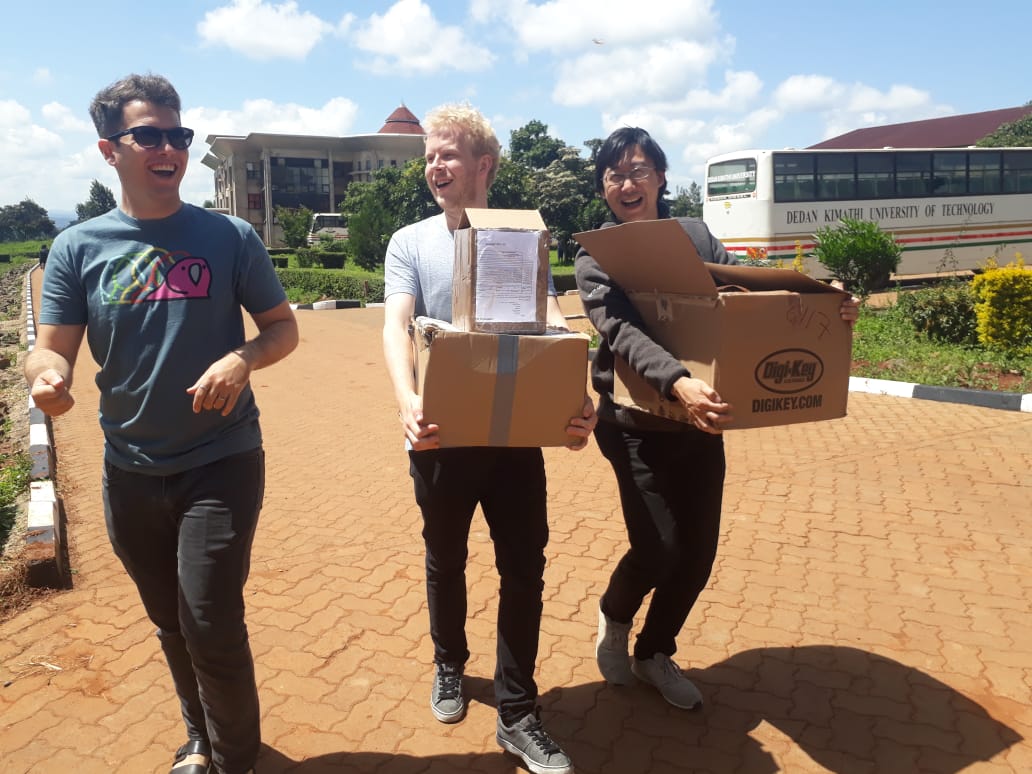
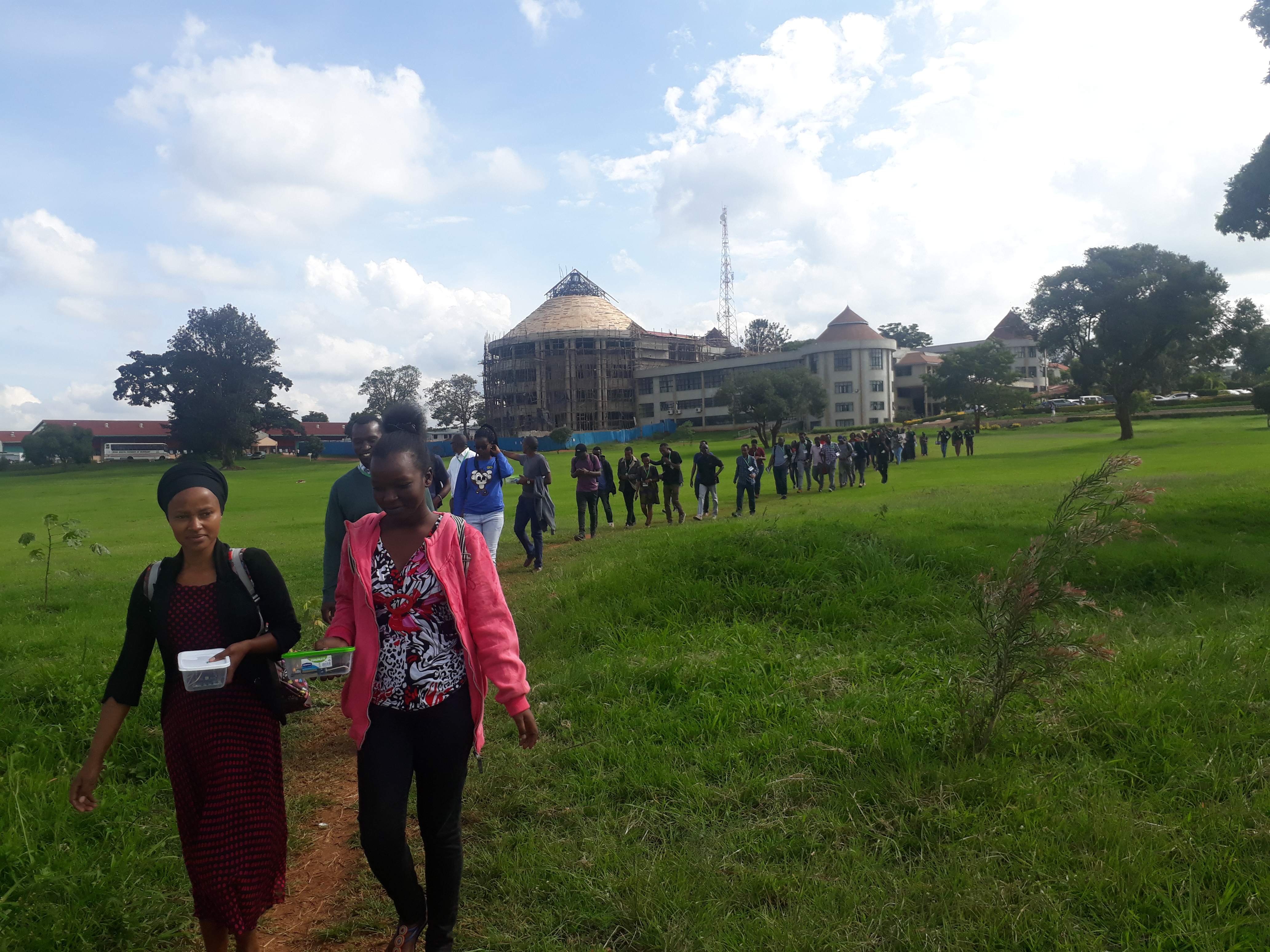
Following the 2018 trainer of trainers event, participants were encouraged to explore sensor deployments to solve problems in their local context. At DeKUT, a group of students deployed a greenhouse monitoring system and a river level monitoring system. I plan to describe these long term deployments in future posts.
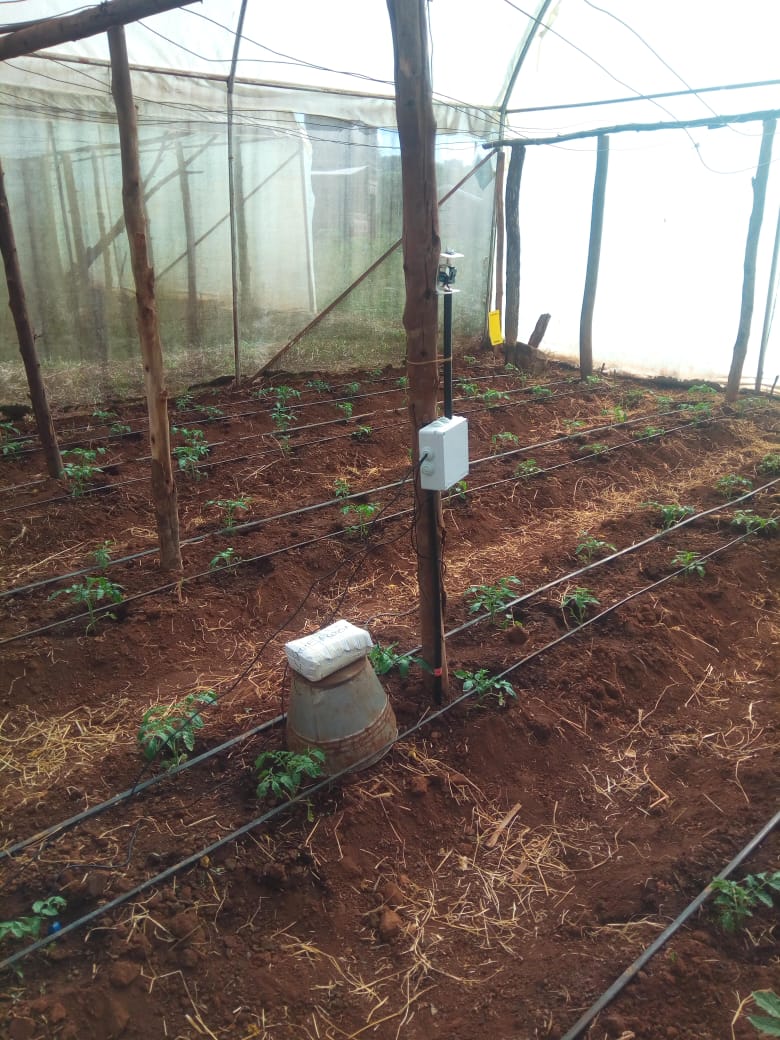
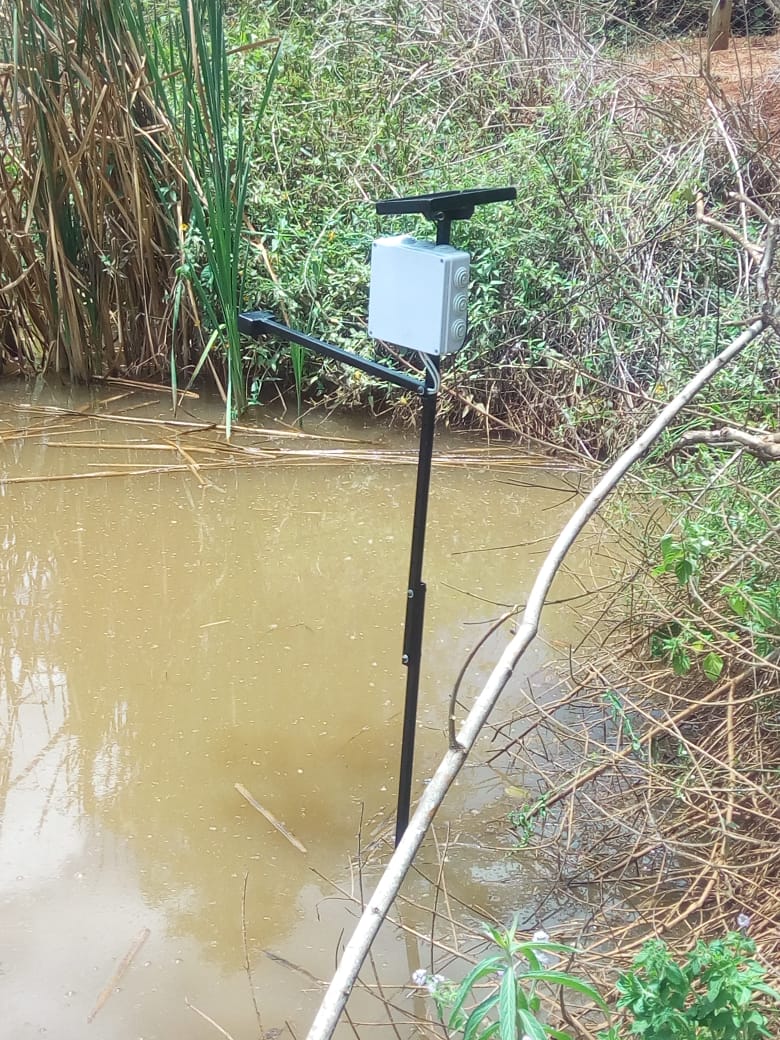
At DSA Addis in June 2019, we moved things a notch higher. Chris Styles from ARM developed a special board for us which contained a number of sensors capable of measuring several parameters including temperature, humidity, light intensity and barometric pressure. The board also has connectors for wind speed and air quality measurement. At the end of the event, the boards were distributed to participants from several African countries with the aim of inspiring several local projects collecting weather data with potential applications in agriculture.
We have also partnered with other organisations interested in the hands on DSA approach. At the recently concluded Deep Learning Indaba in Nairobi, I led a maker session together with a number of my students. In the session, we introduced participants to hardware programming using Mbed, IoT connectivity using LoRa, time series databases and machine learning methods for time series data. The hardware used during the session included the STM32 Nucleo board which contains an ARM®32-bit Cortex®-M4 processor. In addition, we used a custom LoRaWAN shield developed by Chris Styles from ARM for DSA 2018 in Nyeri to transmit data from temperature and soil moisture sensors over LoRa to databases running on local machines. The code for the session is available on GitHub.
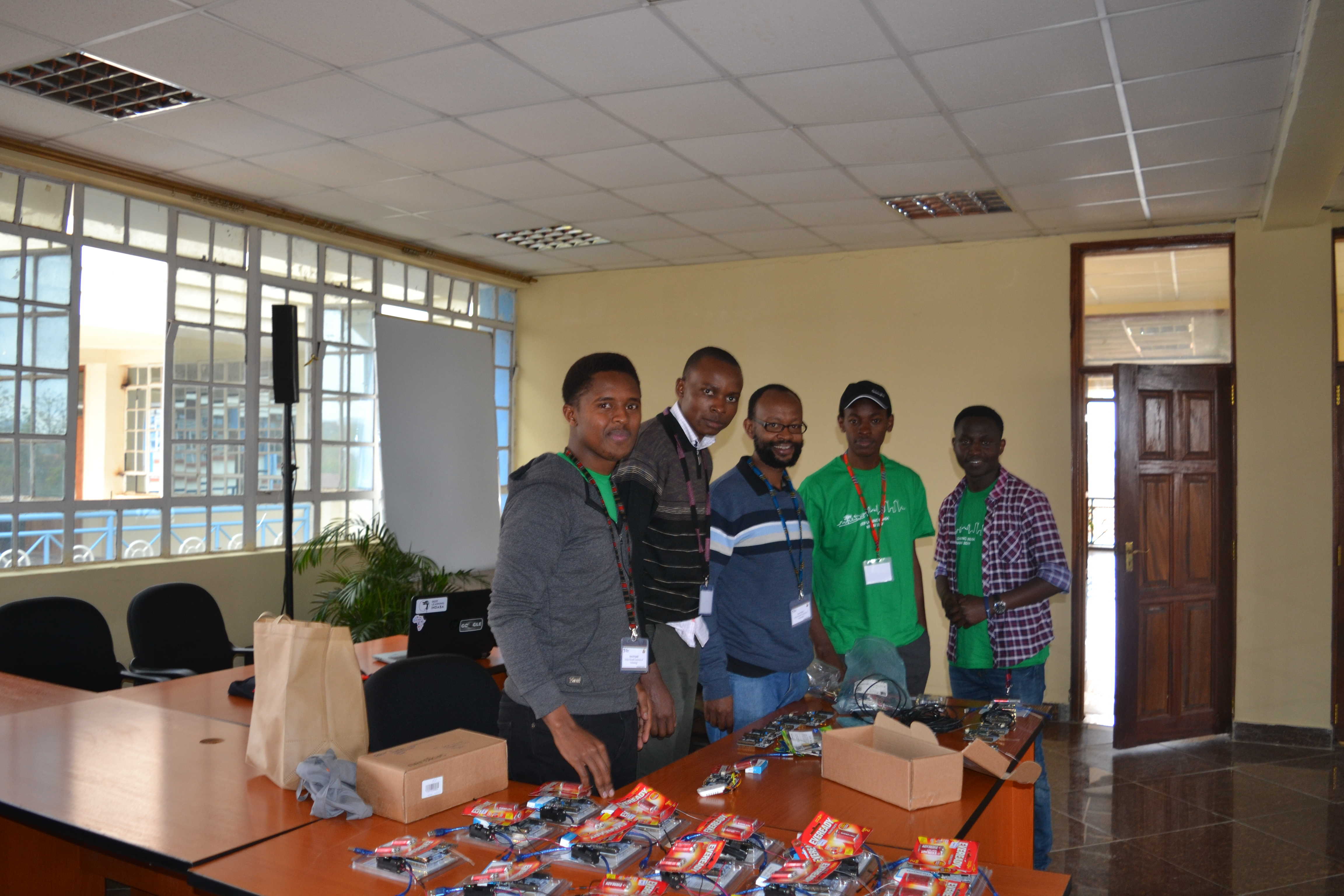
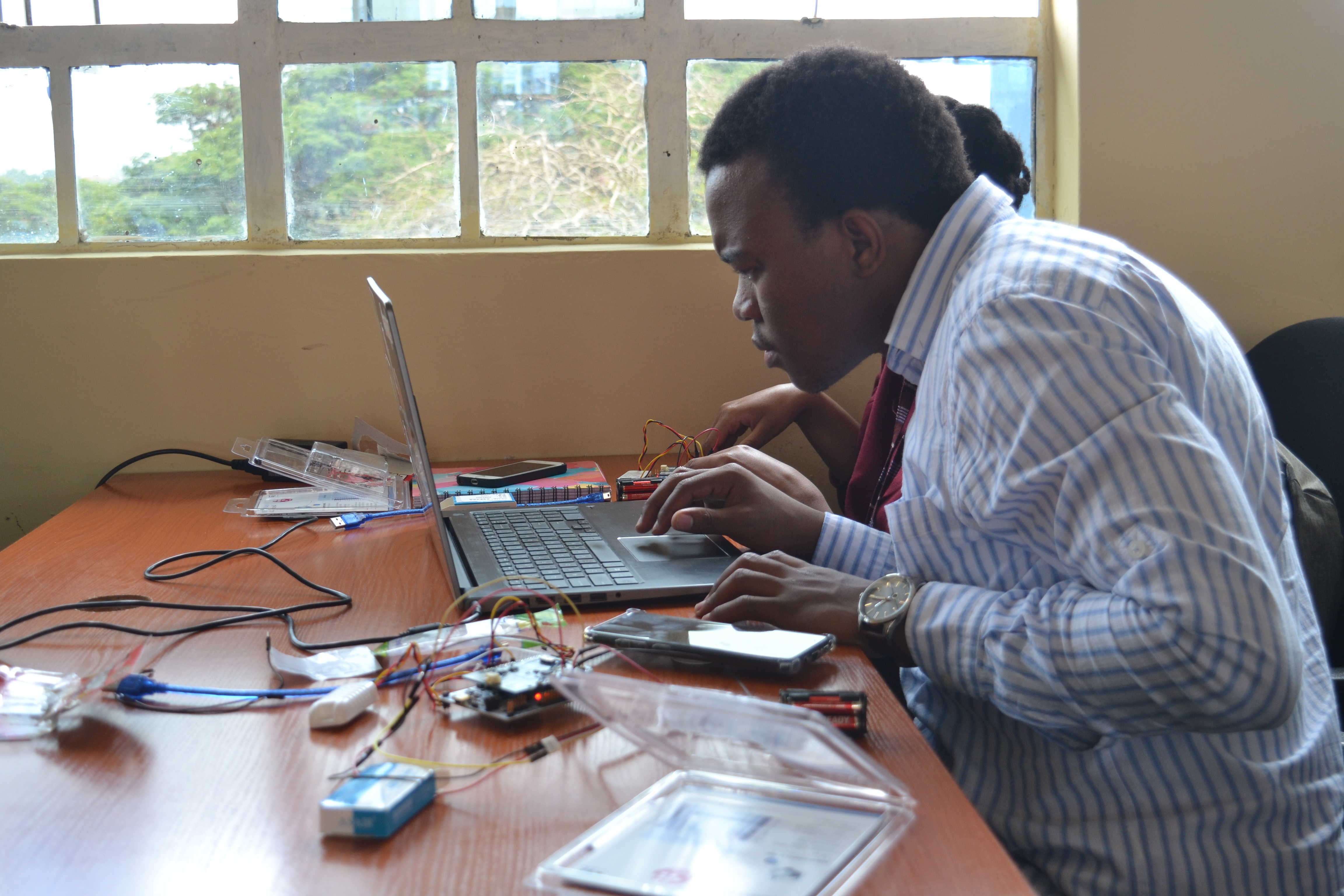
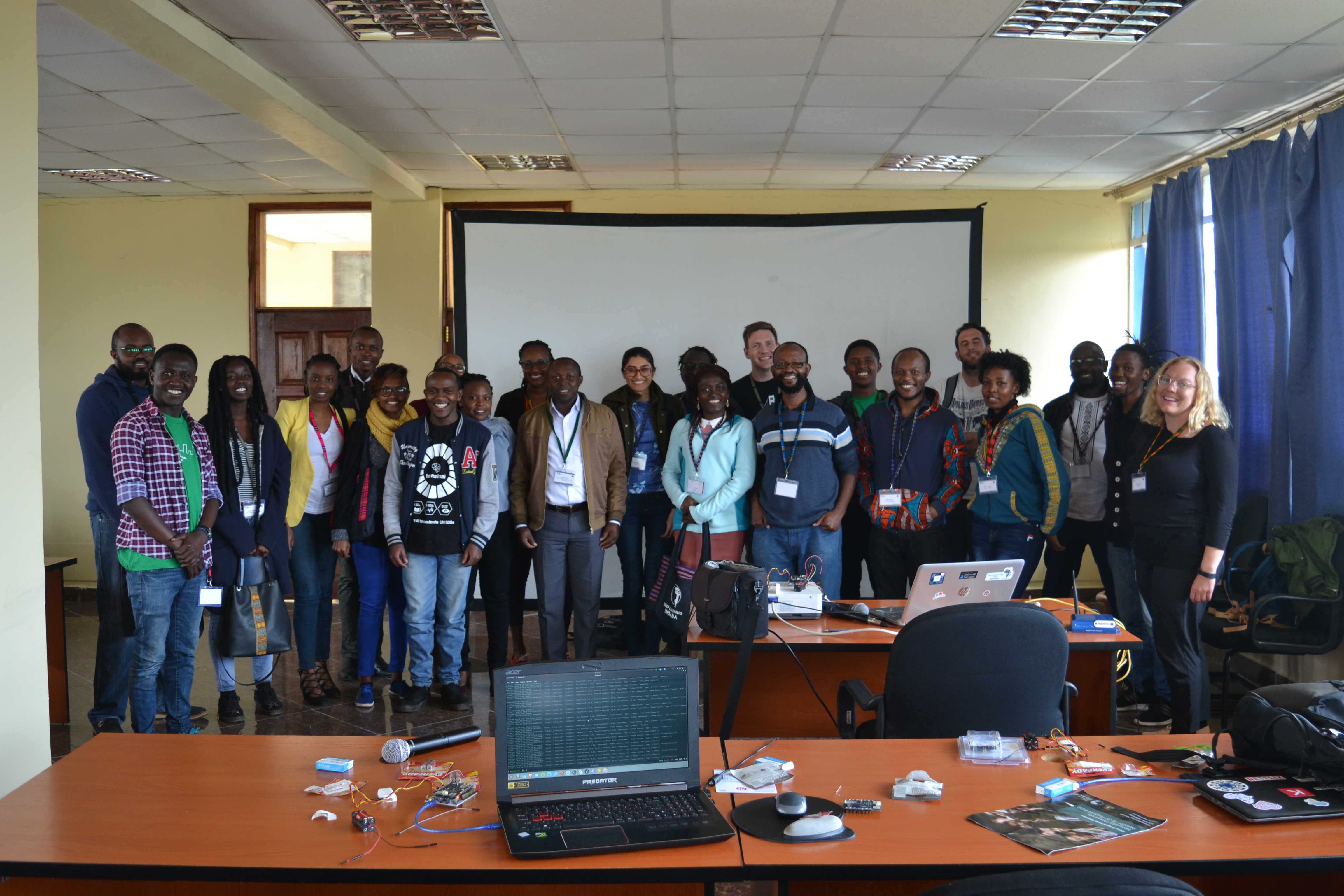
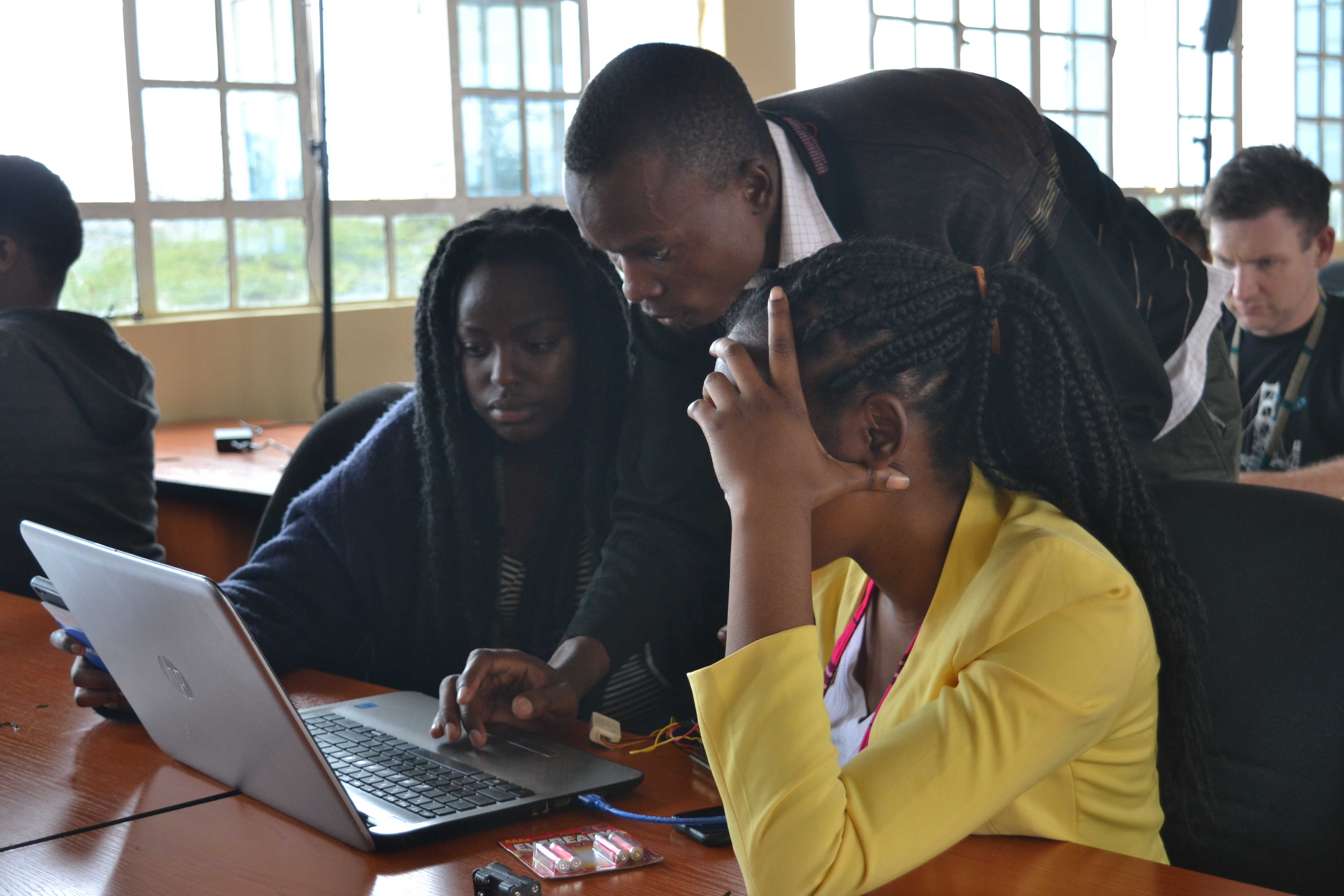
Capacity building is about empowering the next generation. In preparation for the Indaba session, four of my students Jared Makario, Yuri Njathi, Humphry Shikunzi and Collins Emasi actively participated in developing and testing the material for the session. This involved testing the hardware and going through the code to ensure everything was clear.
During the session, they were able to help participants and ensure things went smoothly. As we move forward, we need to reach more and more young students to ensure that they obtain the necessary skills in AI, machine learning and data engineering. At DSA we are committed to this and we hope that the future will validate this approach.